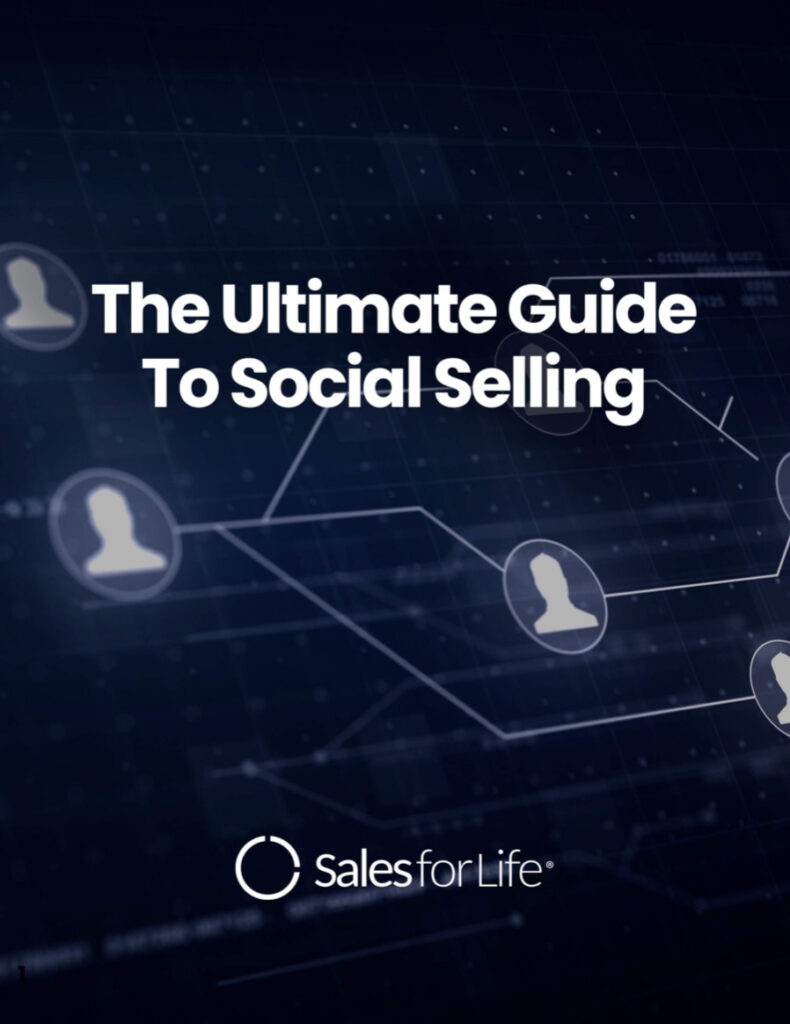
Warren Buffett needs no introduction. Affectionately known as The Oracle of Omaha, he has put a noticeable spotlight on the world of investing.
While known for his successful track record, his biggest trait is unwavering discipline and a focus on long-term trends. In world of dubious investors and fast-moving professionals, Warren Buffett prefers to stay the course and play the long game.
Given this, it begs the question why he recently sold off $900M in Walmart stock and chose, instead, to invest billions in airlines.
The reason? Walmart’s lack of digital presence to cater to the new and modern buyer. In simple terms, it boils down to Walmart getting crushed by Amazon.
In 2015, Walmart did $13.7B from their online presence whereas Amazon did a whopping $105B. This is affecting the stock price performance and market cap as well.
 This trend scares investors like Buffett because traditional brick & mortar is feeling pressure from the buying patterns of the modern buyer. It’s not that we are ignoring retail, but we are choosing to spend increasingly with online players.
This trend scares investors like Buffett because traditional brick & mortar is feeling pressure from the buying patterns of the modern buyer. It’s not that we are ignoring retail, but we are choosing to spend increasingly with online players.
These seemingly simple changes in buying patterns are wreaking havoc and inflicting change at a massive scale across the globe. As an example, consider Buffett’s investment into airlines – it signals a move to embolden supply chains to handle the rise of ecommerce shops all over the world.
Sales Lesson # 1: Do or Do Not, There is No Try
The lesson for sales here is simple: the buyer is becoming more digital. Handling this shift will create immense opportunities for some while shackling those who choose to take no action.
According to the World Economic Forum, Fortune 500 Organizations that embrace Digital Transformation are generating 8%, or $100 million more operating income each year than those who lag behind.
We’re in the early stages of sales becoming more digital. Clearly, there is a huge opportunity for those who “get it.” But there is still mass confusion on how to enable and scale this.
The organizations that are at least, at the bare minimum, trying to do something are the ones that have a fighting chance of making it to the other side.
If you take the tale of the two retailers in this blog, it’s symbolic of the tale of two sales professionals.
While one will sit back and rest on his/her laurels, one will try. The one that tries will have a far greater probability of success.
In this case, I define success as digital adoption. Some may consider this to be a wrong way of looking at it. They’ll instead choose to quantify success only with commission dollars earned, or perhaps deals closed. I choose to look at all factors that contribute to immediate returns and long-term plays.
Like Warren Buffett, we’ve got to play the long game. And this thinking dictates that we, as sales professionals, be ready and prepared for the modern buying shift that’s already under way.
Sales Lesson # 2: There’s Good, Then There’s Better
Chances are if you’re reading this blog you’re already fairly digital in your habits. You likely have social profiles, are connecting to would-be and existing customers, etc.
But consider for a moment how you’ll better your skills. Do you know how to repeatedly generate pipeline and revenue using social & digital channels as a part of your sales process?
Companies that hold their sales pros accountable to using social every day are 40% more likely to hit revenue goals than those where pros do “random acts of social.”
Continuous learning and application is key for sales success.
Sales Lesson # 3: Prepare for Your Buyer, Even If They’re Not Prepared
An often cited reason by sales professionals for not being more social or digital is that their buyers aren’t.
This is a very fair and valid point.
In many industries, the B2B buyer hasn’t evolved and they’re still doing things the “old school” way. But look at your intuition – will this last forever?
While that question is rhetorical, it underscores the need for us in sales to think about the coming future as much as we focus about the present-day challenges and realities we face.
Given the fact that many are changing jobs in the present day, our target buyers, industries and approaches can shift at a moment’s notice. This makes the case for us all to strive to be continuous learners that see the coming shifts in our market.
Automation & Technology Are Disrupting Societies
Like it or not, agree or disagree with it, but automation and technology are disrupting societies at large. If there is a will to do it faster, cheaper, with less time or effort, trust that the human mind will make it a reality.
I realize that as a B2B sales or marketing professional/leader, it may be stretching it to take the example of Walmart and Amazon and apply its learnings directly to our daily jobs.
But I encourage you to connect the dots – just look around and I’m sure you’ll see things that you perhaps may be already taking for granted.
The lesson overall? Continuous learning and evolution in skills is a necessity in B2B sales.
What are your thoughts as you consider the magnitude of change through technology?
Share your thoughts with me – connect on LinkedIn or tweet me @AmarSheth.
{{cta(‘790744cb-8a4d-43f9-92f2-c641a1797590’)}}



